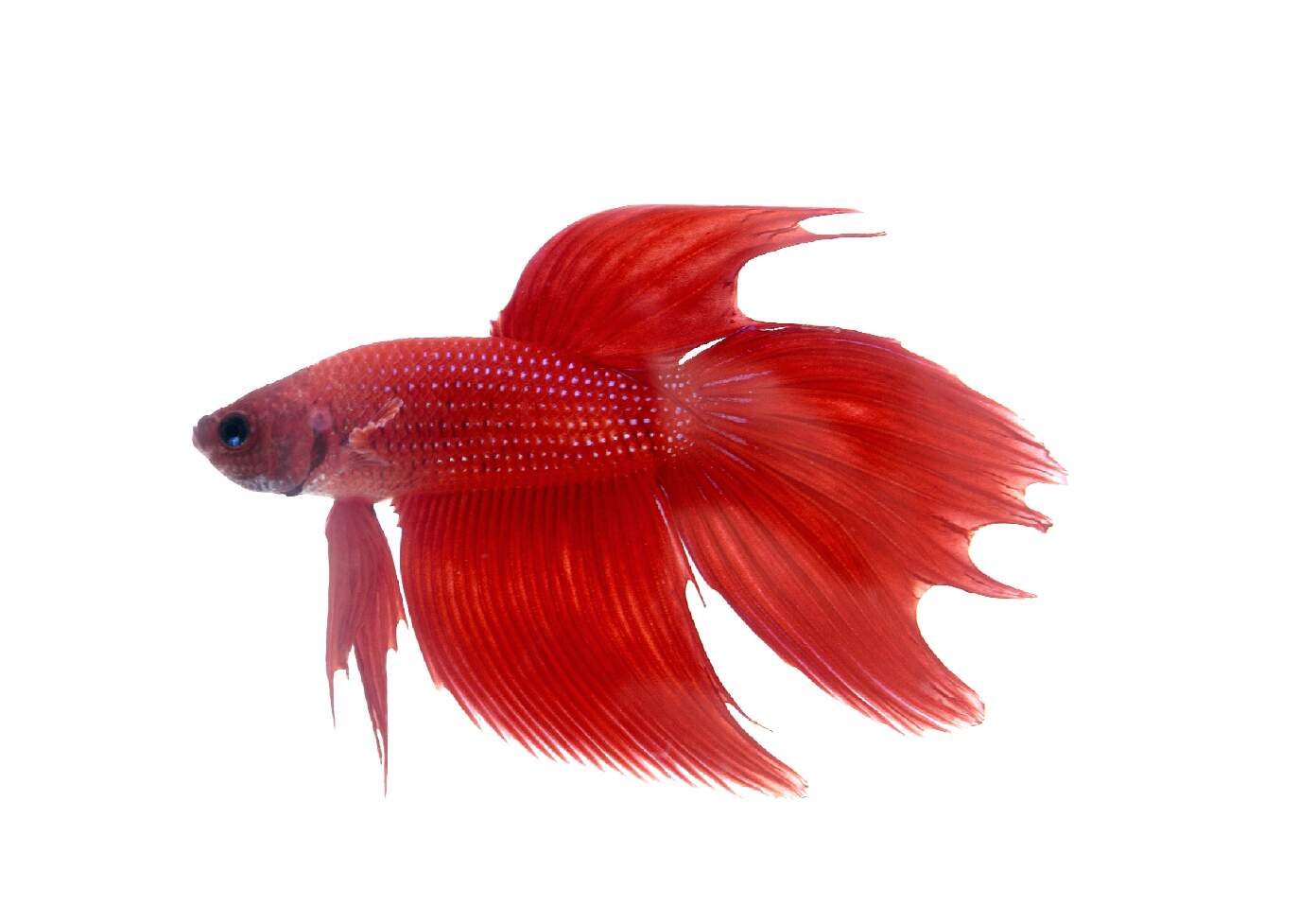The Ultimate Betta Fish Care Overview for New Pet Owners
The Ultimate Betta Fish Care Overview for New Pet Owners
Blog Article
Everything About Betta Fish: Comprehending Their Special Needs, Habits, and the Ideal Practices for Ideal Care
Comprehending the distinct requirements and actions of Betta fish is important for any kind of aquarist looking to give optimum care. betta fish. As we check out these components further, the effects for both beginner and knowledgeable fish caretakers come to be increasingly apparent, raising inquiries regarding just how best to fit these remarkable fish in our homes.
Betta Fish Review
Although typically appreciated for their dynamic colors and streaming fins, Betta fish, medically known as Betta splendens, are intricate creatures that need certain like prosper. Stemming from Southeast Asia, these freshwater fish are known for their territorial nature and distinct behaviors. Betta fish show sexual dimorphism, with males presenting much more vibrant shades and longer fins than females.
Their aggressive tendencies, specifically among men, require cautious factor to consider when real estate them. Bettas are typically maintained in single-specimen storage tanks to prevent territorial disputes. However, they can coexist quietly with certain suitable varieties in bigger area storage tanks, supplied the setting satisfies their requirements.

To guarantee optimum treatment, aquarists need to recognize their special behavior characteristics, dietary needs, and habitat requirements. betta fish. With proper interest, Betta fish can show their lively characters and thrive in a properly maintained fish tank setup
Natural Environment and Environment
Betta fish flourish in a diverse variety of natural habitats, mainly located in the superficial waters of Southeast Asia, consisting of rice paddies, swamps, and slow-moving streams. These environments are defined by warm temperature levels, commonly in between 75 ° F and 82 ° F(24 ° C and 28 ° C ), and a pH level ranging from 6.5 to 7.5, which is suitable for their wellness and health.
In their natural environments, Betta fish are accustomed to thick vegetation, offering both sanctuary and reproducing premises. The presence of plants such as floating water lilies and thick turfs not only uses security from predators but likewise adds to the oxygenation of the water, which is important for their respiratory system needs. Furthermore, these environments typically have locations of still water, enabling Betta fish to exhibit their all-natural behaviors such as bubble nesting.
Understanding the all-natural habitat of Betta fish is important for fish tank lovers. Reproducing these problems-- via water temperature, pH equilibrium, and the inclusion of live plants-- can dramatically improve the overall wellness and long life of these exciting fish, ensuring they thrive in a home fish tank setting.
Social Actions and Communications
Comprehending the social habits and interactions of Betta fish is vital for effective fish tank monitoring. Betta fish, or Siamese fighting fish, are recognized for their unique behavioral attributes, defined largely by territoriality and aggressiveness.
On the other hand, female Bettas exhibit less aggressive habits and can coexist in groups, referred to why not try this out as sororities, if introduced correctly. It is vital to monitor their communications carefully, as power structure and prominence can lead to problems. Understanding the dynamics within a Betta area is vital; establishing hiding areas and guaranteeing ample room can alleviate aggression.
In addition, Betta fish may also present interest and social actions in the direction of various other types. While they can coexist with particular non-aggressive tank companions, it is important to pick compatible varieties to avoid tension and aggression. Generally, acknowledging these social interactions is vital to promoting an unified aquarium atmosphere for Betta fish.
Important Treatment Guidelines
Providing proper care for Betta fish is crucial to their health and wellness. Routine water changes-- about 25% weekly-- help keep best site water high quality.
Betta fish require an appropriate storage tank dimension; a minimum of 5 gallons is advised to offer appropriate room for swimming and hiding. Consist of designs and plants to produce a revitalizing atmosphere, but prevent sharp things that might harm their fragile fins.

Last but not least, ensure the container is geared up with a filter to keep the water tidy, yet make use of a gentle filter to avoid strong currents that can worry the fish. By following these vital care standards, owners can promote a healthy and balanced and lively Betta fish.
Common Health And Wellness Issues and Solutions
In the care of Betta fish, understanding of usual wellness concerns is important for maintaining their wellness. One widespread problem is fin rot, commonly brought on by bad water top quality or bacterial infection. Symptoms consist of frayed or stained fins. To treat fin rot, enhance water conditions and consider utilizing a broad-spectrum antibiotic.
One more common condition is ich, a parasitic infection identified by white places on the his response fish's body (betta fish). Therapy includes enhancing water temperature and adding fish tank salt to the container, as this can help eliminate the parasite
Swim bladder condition is likewise often observed, bring about buoyancy problems. This condition may occur from overfeeding or irregularity. A fasting period of 24-48 hours, adhered to by a diet regimen of blanched peas, can offer relief.
Last but not least, bettas might struggle with velour disease, suggested by a gold dust-like appearance on their skin. Therapy usually calls for medication particularly developed for outside parasites, alongside improved tank hygiene.
Routine tracking of water specifications, preserving a tidy setting, and supplying a well balanced diet are essential preventive steps. By resolving these health problems immediately, Betta fish can lead healthier, much more vibrant lives.
Verdict
In summary, effective betta fish care needs an understanding of their one-of-a-kind requirements and habits. Routine surveillance of health and water quality, along with a balanced diet plan, contributes to the longevity and vibrancy of betta fish.
Report this page